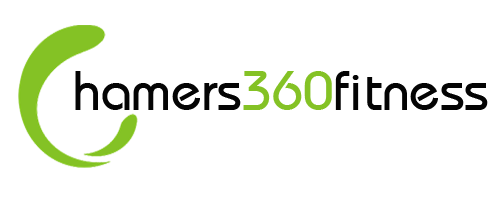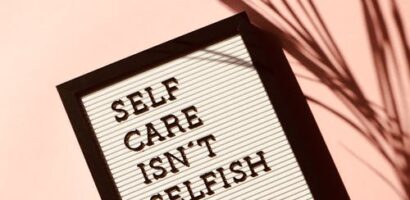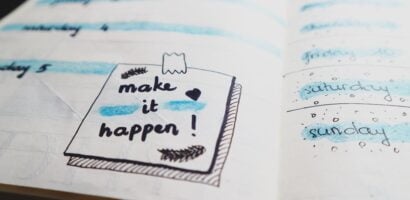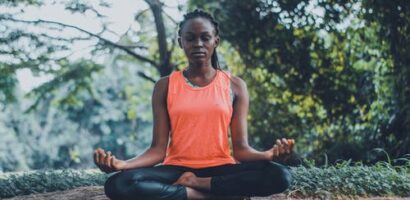Mindfulness and Meditation – What they are, how they can help and ways to get started
The terms ‘mindfulness’ and ‘meditation’ are often used interchangeably and have become somewhat ‘buzz words’ in the last few years. They are becoming increasingly recognised for their benefits within the field of mental health and are very popular due to their simplicity and accessibility. Anyone can practice mindfulness and meditation with no special equipment, training or guidance required but it’s always good to arm yourself with a few pointers when trying out a new skill and so if you’re interested in giving them a go or finding out what they can do for you, read on…










